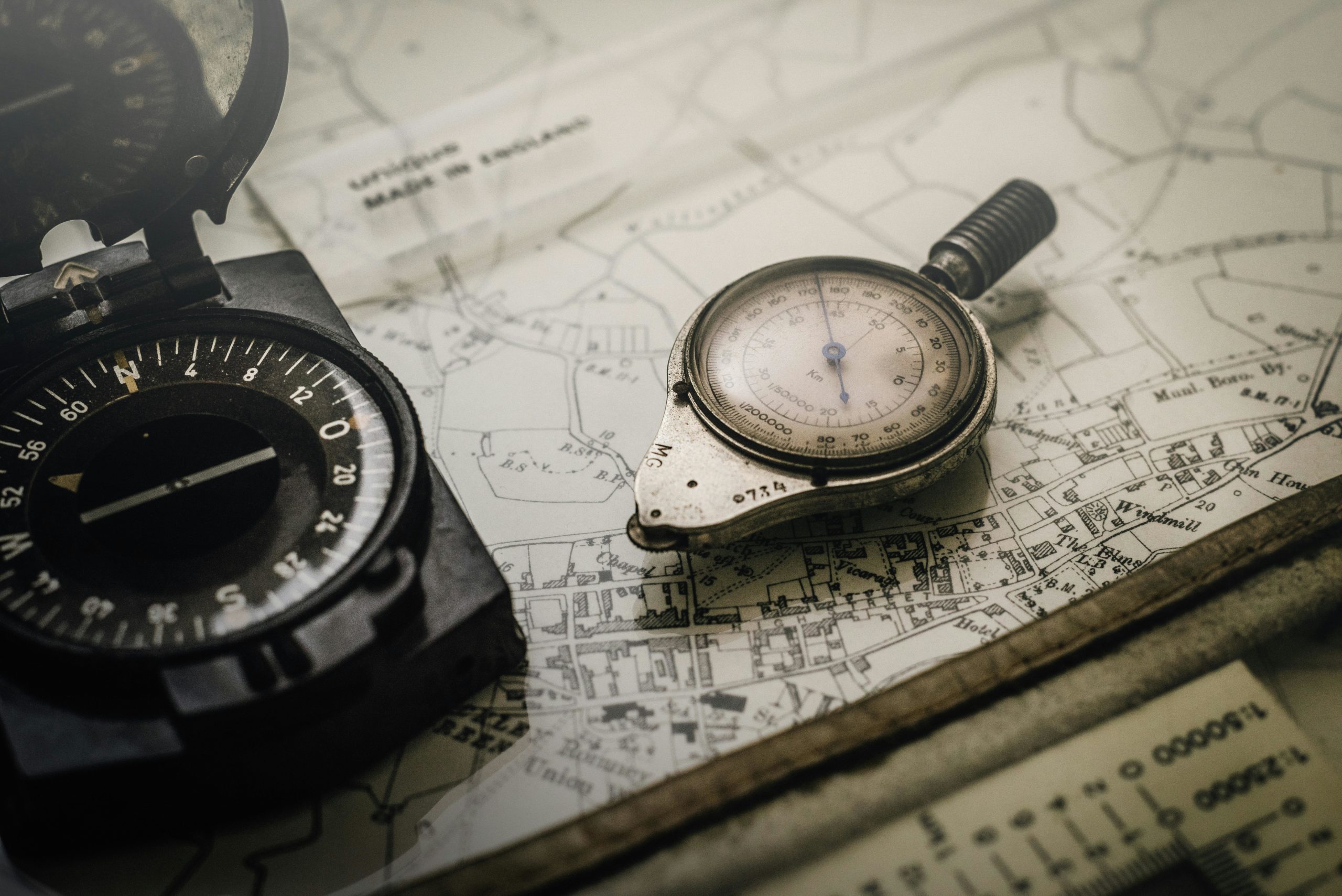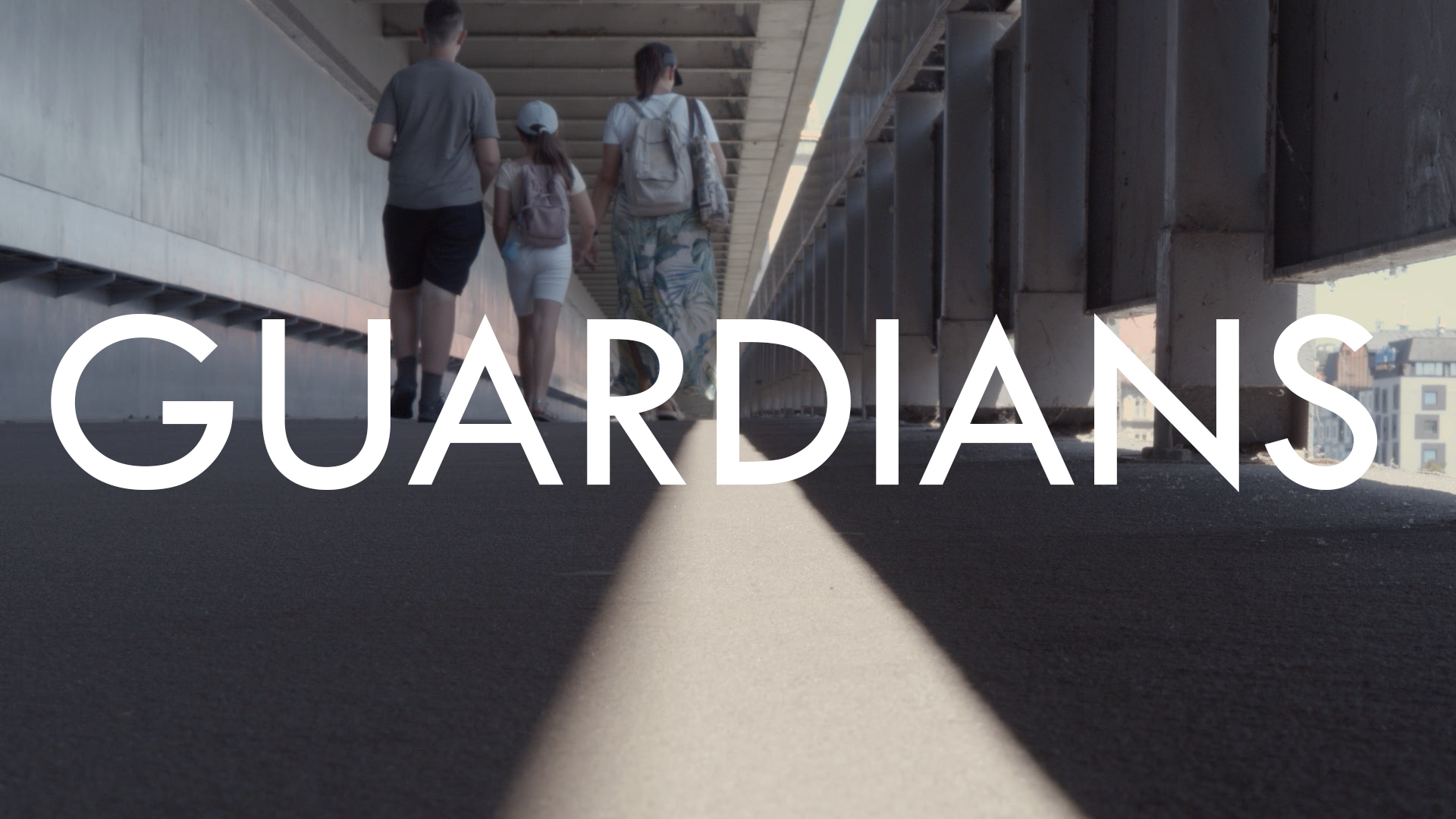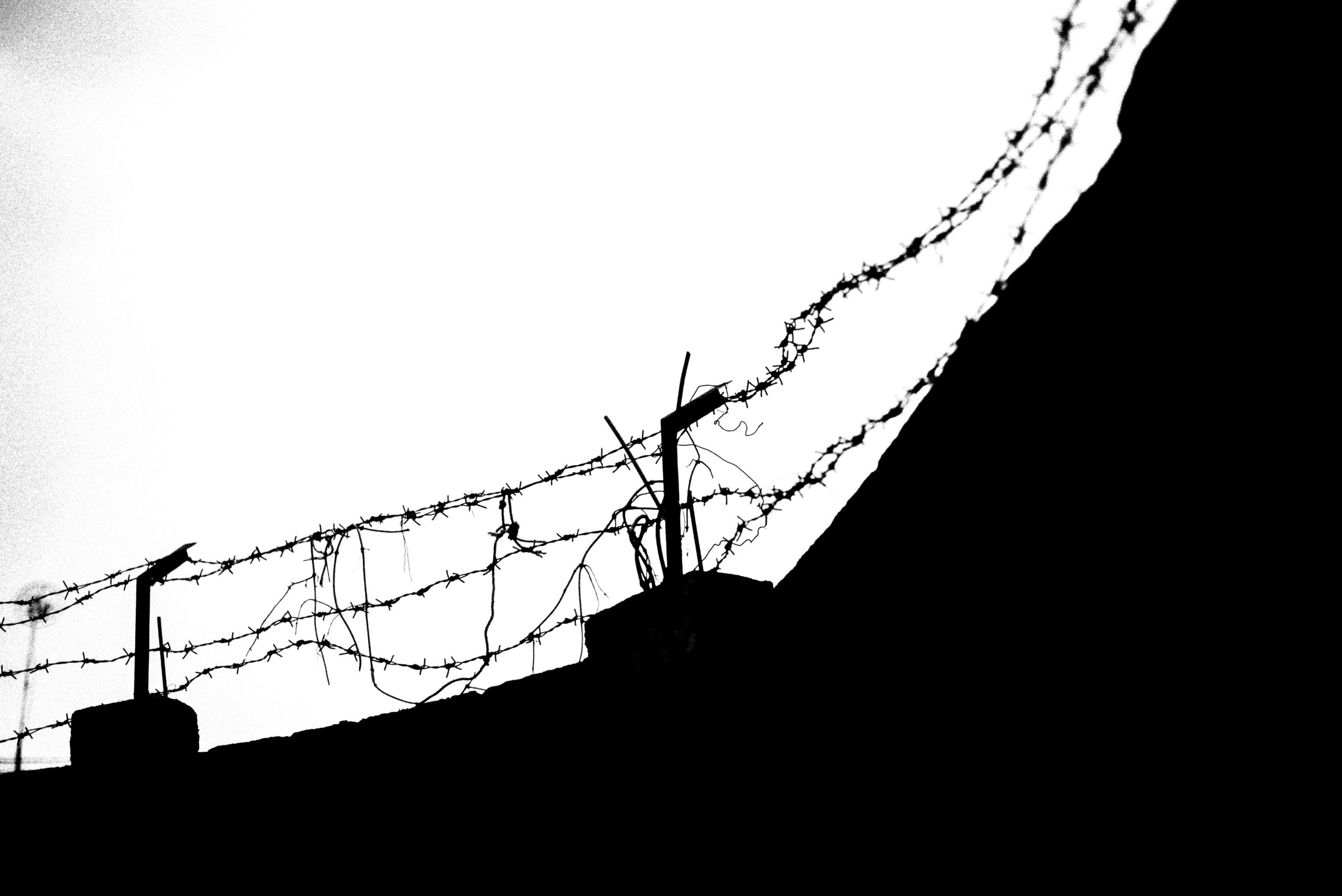#GUIDEforGuardians: practical guidelines for guardians of unaccompanied children
Whether you are a trainer, a frontline service provider, a guardian or working on policy building or implementation, these resources from the GUIDE project are designed to support your daily work.
Across Europe, thousands of unaccompanied children arrive each year seeking safety and a better future. Guardians play a crucial role in their lives, ensuring children’s rights are protected and that they have access to education, healthcare, housing, and emotional support. But guardianship can be a complex responsibility, especially when children face additional challenges such as disability or trauma.
The GUIDE project (Supporting Guardians of Unaccompanied Children) was launched in 2024 to help guardians provide quality support to children. By bringing together partners from Bulgaria, Greece, Italy, Poland, Slovakia and Belgium, the project has developed a set of practical tools, which share a common goal: to strengthen guardianship and improve the lives of unaccompanied children by putting their needs at the centre. Guardians need our support – they need to be heard, to be able to get the necessary skills and support from their peers, to know where to go and who to talk to.
The National manuals for trainers and Maps of services, Listening circles guidelines and National assessments of guardianship systems are available in English and in the respective national language of the country they focus on.
1. National Manuals for Trainers
These manuals are built on the GUIDE Training of Trainers framework and are tailored to the reality of each country. They provide step-by-step guidance for those preparing to train guardians, including methods, exercises, and case-study examples. Based on the Fundamental Rights Agency’s methodology, they focus on realising the best interests of a child.
Each manual reflects national legislation, cultural context, local challenges and case-adapted studies, making them directly applicable. Trainers will find tools to strengthen guardians’ skills in areas such as child protection, communication, and cooperation with institutions.
- Bulgaria National Manual in Bulgarian | Bulgaria National Manual in English
- Greece National Manual in Greek | Greece National Manual in English
- Italy National Manual in Italian | Italy National Manual in English
- Poland National Manual in Polish | Poland National Manual in English | Poland National Manual in Ukrainian
- Slovakia National Manual in Slovak | Slovakia National Manual in English | Slovakia National Manual in Ukrainian
2. National Maps of Service Providers
Finding the right services for unaccompanied children in an unknown country, with an unknown system and language, can be overwhelming. The National Maps offer a demand-driven and well-structured overview of key organisations and contacts in different sectors, including:
- Housing and foster care
- Healthcare and mental health
- Education and integration
- Legal and social protection services
For example, in Poland, the map lists everything from municipal offices and shelters to child protection services and organisations specialising in autism or trauma support. This makes it easier for guardians to quickly connect children with the support they need.
- Bulgaria National Map in Bulgarian | Bulgaria National Map in English
- Greece National Map in Greek | Greece National Map in English
- Italy National Map in Italian | Italy National Map in English
- Poland National Map in Polish | Poland National Map in English | Poland National Map in Ukrainian
- Slovakia National Map in Slovak | Slovakia National Map in English | Slovakia National Map in Ukrainian
3. Guidelines for Listening Circles
Guardians often carry heavy responsibilities, and they need support, too. The GUIDE project established a space for them to connect, exchange their experiences, and get support via listening circles. To support this activity, the partners created dedicated Listening Circles Guidelines with practical advice, instructions, and explanations.
The guidelines include: an explanation of the ACI model (Attention, Comprehension, Intention) to improve listening skills; step-by-step instructions for organising and running a circle, from opening activities to closing reflections; creative methods like storytelling or art-making to help participants express themselves; and practical tips to ensure cultural sensitivity and trauma-informed care.
These guidelines are translated into all project languages, making them accessible for facilitators everywhere: English; Arabic; Bulgarian; Greek; Italian; Polish; Slovak; Ukrainian.
4. National Assessments of Guardianship Systems
The latest project output – National Assessments of Guardianship Systems – is aimed at supporting the project’s awareness-raising and advocacy campaign. The reports give an up-to-date picture of how guardianship and related support services are organised in each partner country.
The reports highlight national laws and institutional frameworks on guardianship; outline key challenges and gaps, such as shortages of trained guardians or uneven access to mental health services; and give immediate recommendations for improving availability, accessibility, and quality of support.
For service providers and policymakers, these assessments are valuable for understanding strengths and weaknesses in the current systems, and for identifying where reforms are most urgently needed.
- Bulgaria National Assessment Report in Bulgarian | Bulgaria National Assessment Report in English
- Greece National Assessment Report in Greek | Greece National Assessment Report in English
- Italy National Assessment Report in Italian | Italy National Assessment Report in English
- Poland National Assessment Report in Polish | Poland National Assessment Report in English
- Slovakia National Assessment Report in Slovak | Slovakia National Assessment Report in English
What is next?
The GUIDE project is not stopping at producing materials. As the national cascade training came to an end, the partners are organising listening circles in each country by creating safe peer-support groups where guardians can share challenges and solutions.
At the same time, roundtables will gather international and local authorities, guardians and experts to develop concrete recommendations to strengthen guardianship systems, which will include hands-on steps for better policies influencing guardianship across Europe.





